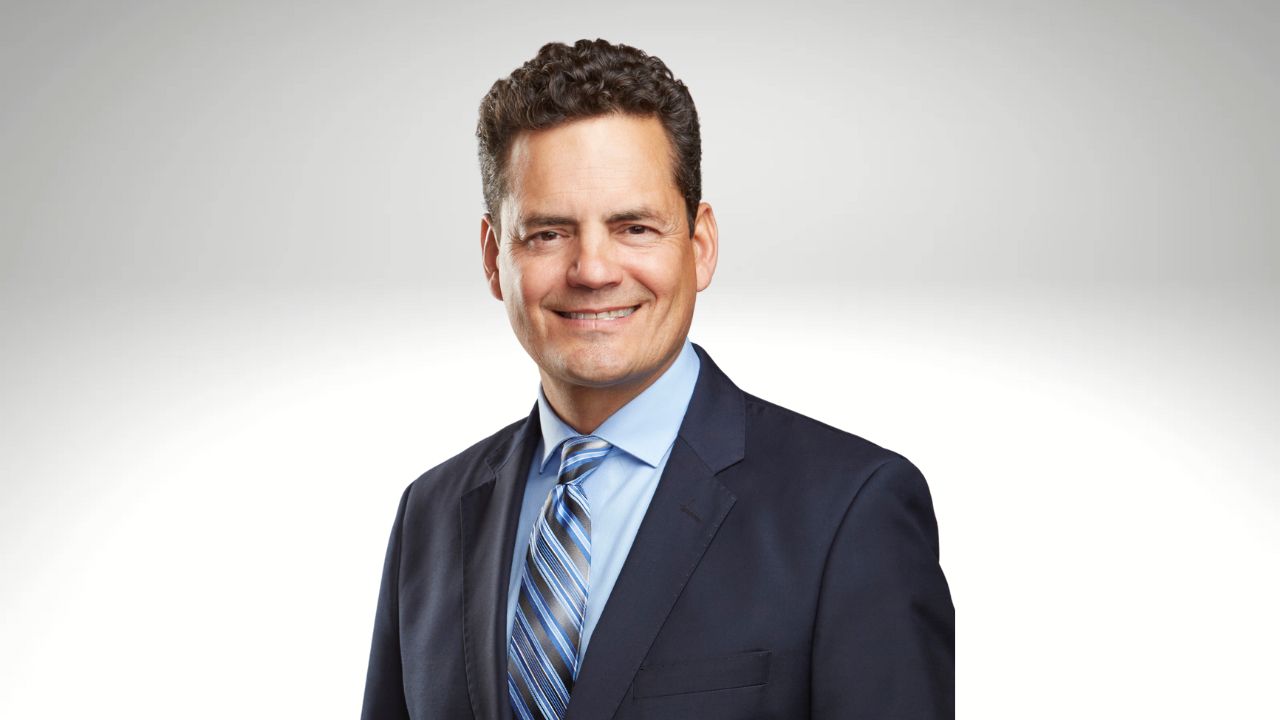Years of experience in both hands-on and leadership roles have made the new AIA Canada Chair well prepared for the challenges of the year ahead.
Tony Kuczynski, the newly appointed Chair of the Automotive Industries Association of Canada, has had an extensive career in the automotive aftermarket sector.
His passion for cars began in his youth, even before he was old enough to drive. This early interest led him to attend a technical vocational high school in Winnipeg, and then complete an apprenticeship as a heavy equipment mechanic at Cummins Diesel Engines.
Wanting to expand his knowledge beyond the technical aspects, he returned to business school to understand the commercial side of the industry.
Kuczynski’s professional journey took him from hands-on roles to leadership positions at major industry players, including Canadian Tire, where he served as vice-president of automotive. He later worked with Carquest Auto Parts, later acquired by Advance Auto Parts, and spent the last eight years as CEO and president of Mister Transmission.
Throughout his career, he has been deeply involved in the operational and strategic aspects of the automotive aftermarket, shaping its direction and growth. He acknowledges that the aftermarket is facing some new challenges today, but looks back on the recent experience of the Covid pandemic to inform his assessment of the aftermarket’s preparedness.
“Covid was sort of a once-in-a-lifetime, exceptional situation. Our first month, when it hit, our sales were down 40%, then we recovered. We worked with our teams to manage through that. That was really dramatic – I don’t expect this to be as dramatic.
“Cars in Canada are essential. People are going continue to drive. The 26 million cars on the road are going to need to be repaired. So we’ll continue to find ways to repair them and find the parts. And we will carry on and we’ll get through, just like we did the last challenge.
“In many respects, we came out of it stronger; our teams were stronger. And our procedures tightened up. Now with this particular situation, I expect that money’s going be tight; people may put off repairs.
“We’re going have to get creative with things like financing and support and options. We really need to focus on selling value, selling safety, selling convenience, and making sure that we’re looking after customers.
“We’re getting ready for a kind of the worst-case scenario,” he continues. “Now, we’re hopeful it’s not going to be as bad as some people predict, but we’re ready. We got through Covid, and we’ll get through this too.”
He adds that AIA Canada is well prepared to provide support to the industry on this, and other challenges it is facing.
“I’m honoured to be stepping into the role of chair,” he says. “You know, it’s a great organization. I’ve been on the board for a few years, and I’ve been on the executive. Over many years, I’ve been watching it develop the foundation that it has today. Now, the board for AIA Canada couldn’t be stronger. We have such good representation across all of the aftermarket auto care industries – everything from collision to auto parts to manufacturers to repairs. The AIA Canada team is very strong. And [since] one of the primary functions is to represent the industry and to advocate on behalf of it, I don’t think we could be better prepared.
“Our new vice-president of government relations, Emily Holtby is outstanding. I’ve worked with her on Parliament Hill educating and advocating and persuading MPs.”
But, adds Kuczynski, effective advocacy is incumbent on divisional grassroots activities too.
“I’m very excited to be in the world that I’m in right now, and my job is going to be to continue to make sure the AIA Canada team is strong; to support them and provide any direction I can [together with] my executive team; and continue to provide the support for our members that they need. And that is advocacy and government relations, right to repair, and tariffs. It’s also helping our workforce in terms of improving the image of the industry to attract more people, and in terms of training and upskilling.”
So it’s not just one issue facing the industry, he points out, and not just one solution. But then, Kuczynski is accustomed to seeing challenges and solutions of all kinds: from technical repair issues in the bay, to recruitment, labour force, and government relations. His broad experience has exposed him to it all.
“I spent my whole career developing teams. I don’t fix the cars anymore. I work with the teams. I support, manage, and develop the teams that do that. So from my perspective, team building has never been more important; recruiting, training, retaining staff, is critical. I think leadership skills have never been more important.
‘Unfortunately, a lot of business people will study marketing and sales and human resources, but very few study leadership. Some people are naturally gifted. They’re naturally good leaders and they get the most out of their people. But a lot aren’t and do things that unfortunately are not conducive to a strong team.”
It’s lesson he learned early, he says. “When I started [at Mister Transmission], I visited every shop. One thing was very obvious: successful shops have successful teams, and they’re led by successful leaders.
“So if I have one message, I would say if you haven’t got good leadership skills, hone them and improve them. And always be recruiting. You’ll always be trying to develop that team.”
Even with the hurdles facing the automotive aftermarket industry, Kuczynski remains optimistic. The industry has successfully navigated past challenges, including the Covid-19 pandemic, and emerged stronger. With proactive strategies, continued advocacy, a focus on innovation, and working together as a team, he ’s convinced the Canadian automotive aftermarket is well-positioned for long-term success.
You can also hear the whole conversation between Andrew Ross and Tony Kuczynski on The Great Canadian Aftermarket Podcast


0 Comments